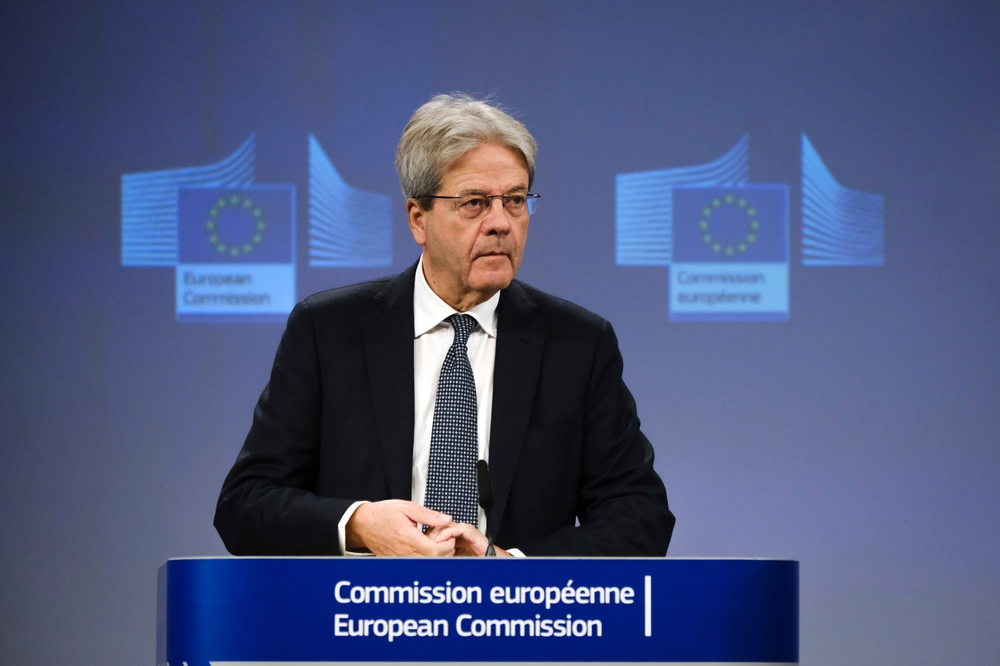The European Commission recently released a legislative package proposal to modernize current the VAT and e-invoicing legislation.
The proposal, known colloquially as ViDA – VAT in the Digital Age, is awaiting approval by the European Union’s Council. One of the innovations is the introduction of mandatory electronic invoicing.
When it comes to electronic invoicing, Europe doesn’t have a consistent framework. Given that there is currently no European-wide requirement, some countries require electronic invoicing only for B2G transactions or in some cases, B2B (e.g., Italy). Indeed, e-invoicing is required in a few countries for the B2B sector, but it is not required in others.
These regulatory differences among member countries are exacerbated by the fact that the electronic invoicing software currently in use can be diverse in terms of formats, procedures, and infrastructure. A company that does business in multiple European countries must deal with different regulations and e-invoicing systems, with a significant economic and administrative impact.
These disparities are expected to disappear soon if the new rules are approved:
- Beginning in 2024, member states will no longer need to request a derogation from the European Union in order to implement the e-invoicing mandate on their territory. This will remove an important paperwork barrier in the adoption of e-invoicing that the EU countries have had to deal with up until now.
- Furthermore, beginning in 2024, it will no longer be necessary to obtain the buyer’s express consent to receive invoices electronically.
- Beginning in 2028, electronic invoices will be the default method of payment, with paper invoices permitted only in limited circumstances determined by each country.
It is also determined that when implementing electronic invoicing systems, it will be necessary to use formats that comply with the European standard EN16391 or at the very least ensure interoperability in order to avoid unnecessary burdens on businesses.
Even Germany is already moving on this topic. The Federal Ministry of Finance (Bundesministerium der Finanzen or BMF) has stated that it will publish a discussion paper on options for implementing mandatory e-invoicing in April. This follows the new coalition government’s commitment to implement a digital reporting regime by 2022 to help close the VAT gap.The scope and format of the German regime are unknown, but Germany is certain to adopt the EU standard for eInvoicing (EN 16931), as now proposed by ViDA.

